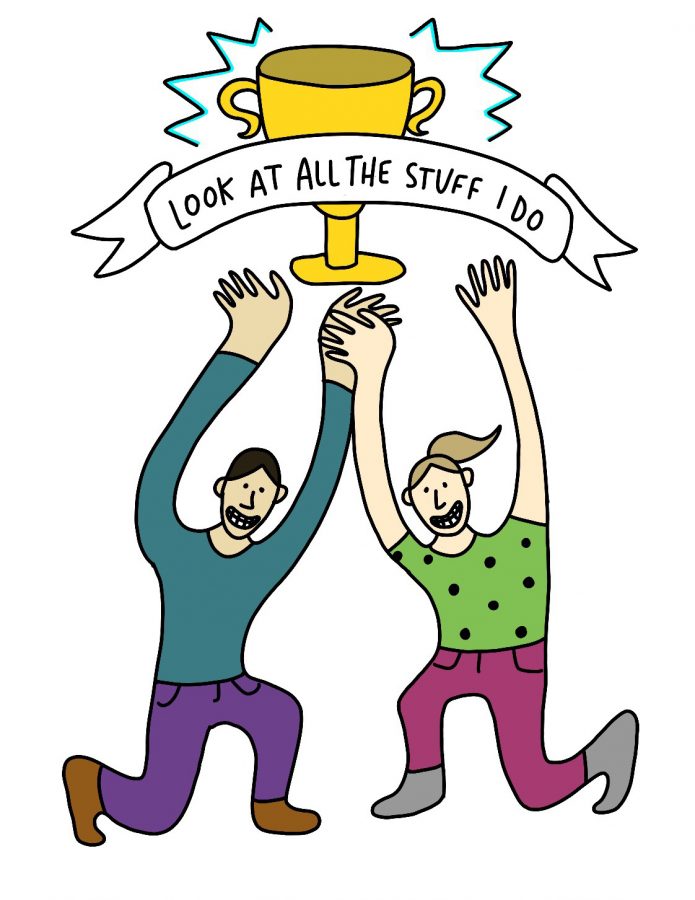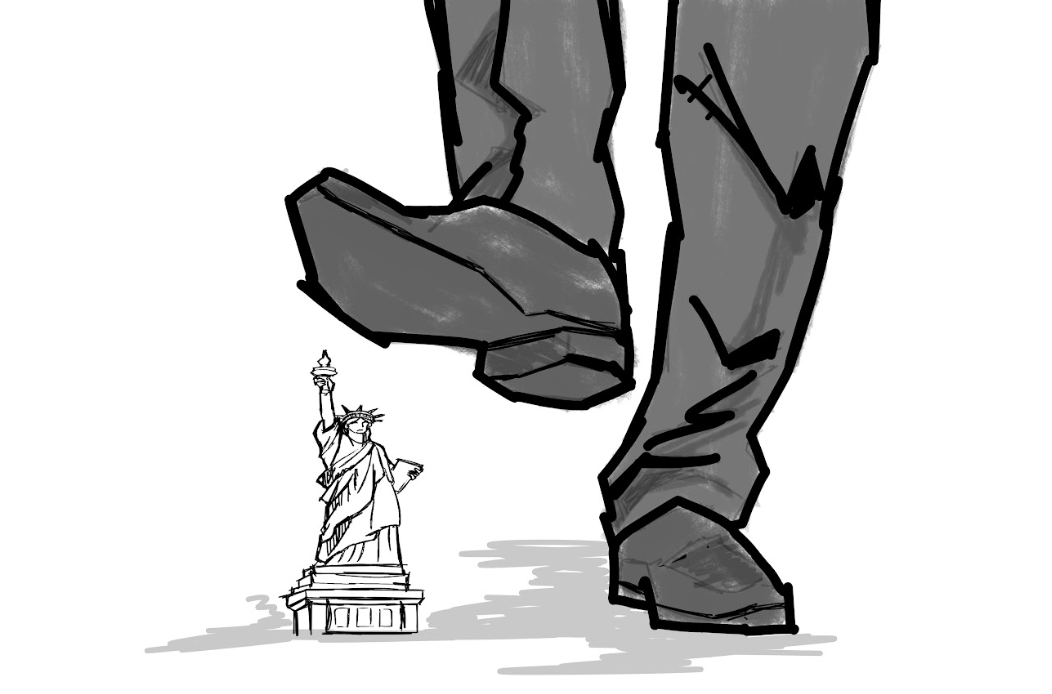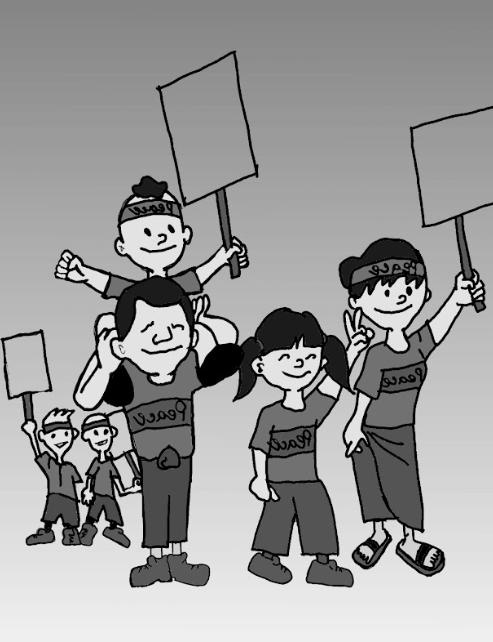Some students often unnecessarily describe themselves as busy to the point of it encompassing their personality. Seemingly never-ending to-do lists, overwhelming course loads and struggling to maintain an active social life can be very trying on one’s mental health and general well-being. Despite your major or classification, being a college student is challenging for everyone. Yet, students battle over whose to-do list is longer and who has accomplished the most in the least amount of time.
However, this behavior inhibits our capability to maximize our productivity, and it ultimately holds us back from accomplishing our goals while taking care of ourselves. By comparing our “busyness” and competing with each other to discover who is busiest, we inevitably engage in social comparison.
American psychologist Leon Festinger coined social comparison theory. Better Help defines it as determining “our own social and personal worth based on how we stack up against others. As a result, we are constantly making self and other evaluations across a variety of domains (i.e., attractiveness, wealth, intelligence, success, etc.).”
Social comparison establishes an unrealistic expectation for individuals who compare themselves to others’ accomplishments and failures. When students engage in competitive social behaviors like comparing course loads, schedules and employment, they are striving for a goal that is not always achievable. Social comparison can be harmful by making these comparisons and letting our inner-saboteur critique us too harshly.
Setting aside time for ourselves is necessary and should not be viewed in a negative light like it often is. Ideally, we should treat being busy as a shared struggle, and not as a competition. “Busyness” should not be glorified, as each of us is carrying a different and unique weight. Knowing our limits, being responsible, and, most importantly, taking care of and being gentle to ourselves are the keys to mental health.
Competition is part of life, but unhealthy self-imposed competition benefits no one — especially college students, who may be facing some of the most daunting challenges in their young lives.















